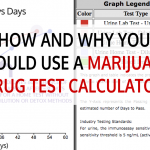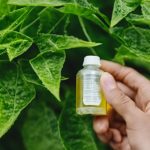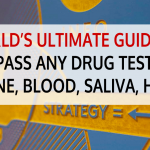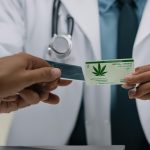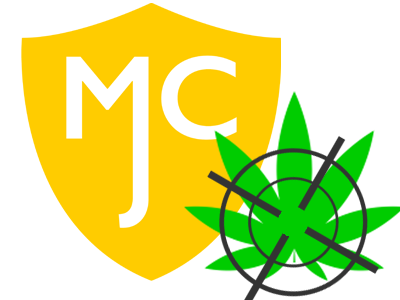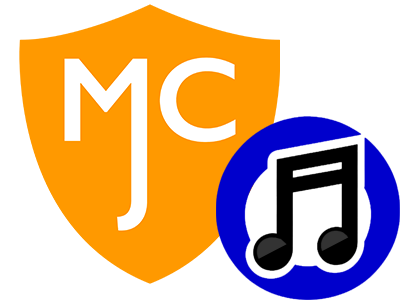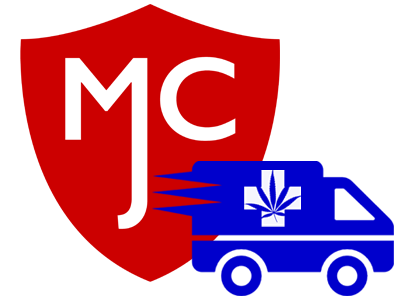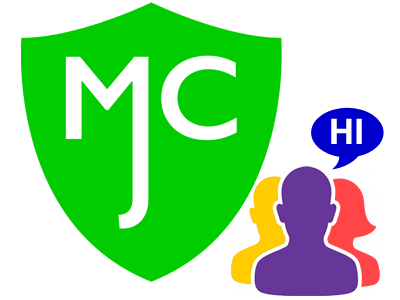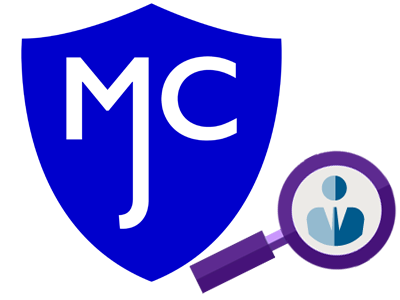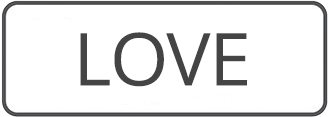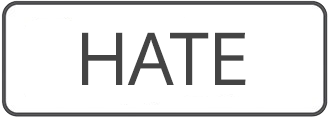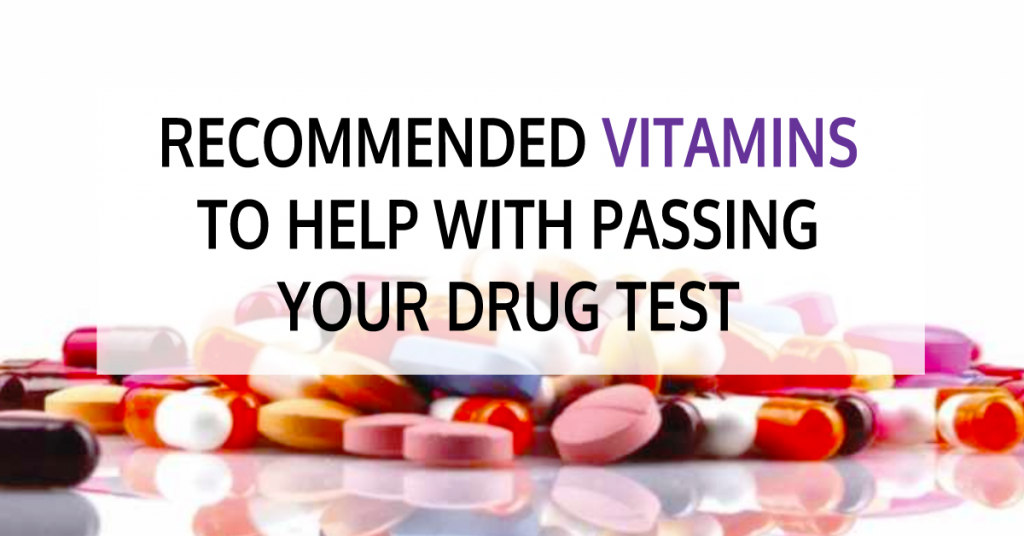
Vitamins play a crucial role in supporting the detoxification process during drug withdrawal. They not only help remove toxins from the body but also support the immune system, alleviate anxiety, and promote overall well-being. When it comes to passing a drug test, incorporating essential vitamins into your detox regimen can optimize your body’s functions, aid in toxin removal, and contribute to a successful recovery.
During drug abuse, the body can become depleted of vital nutrients, leading to deficiencies that worsen withdrawal symptoms. By replenishing these essential vitamins, you can restore your body’s balance and minimize the negative effects of drug detoxification.
In this article, we will explore the importance of various vitamins in the drug detox process and how they can assist in passing a drug test. Whether you’re looking to support your immune system, promote toxin removal, or address specific deficiencies, understanding the role of essential vitamins is key to a successful detox journey.
Key Takeaways:
- Vitamins are crucial in supporting the detoxification process during drug withdrawal.
- Essential vitamins help remove toxins from the body and support the immune system.
- By replenishing essential vitamins, you can alleviate anxiety and restlessness commonly experienced during withdrawal.
- Some important vitamins for drug detox include multivitamins, vitamin C, B vitamins, vitamin E, and calcium and magnesium.
- Incorporating essential vitamins into a drug detox regimen can optimize the body’s functions, aid toxin removal, and contribute to a successful recovery.
The Importance of Multivitamins in Drug Detox
When it comes to drug detox, multivitamins play a vital role in supporting the body’s recovery process. Drug and alcohol abuse can deplete the body of essential vitamins, leading to deficiencies that can worsen withdrawal symptoms and hinder the body’s ability to heal. By incorporating multivitamins into a drug detox regimen, individuals can restore their vitamin levels and optimize their body’s functions during the recovery process.
During drug detox, the body may experience vitamin deficiencies, which can contribute to withdrawal symptoms like lethargy, skin irritation, memory loss, and depression. Multivitamins contain a combination of essential vitamins and minerals that nourish the body and address these deficiencies. By replenishing vitamin levels, multivitamins help alleviate withdrawal symptoms and make the recovery process feel more manageable.
When choosing a multivitamin supplement for drug detox, it’s important to select one that contains a range of vitamins, including vitamins A, B, C, D, and E. These vitamins work together to support various bodily functions and help the body eliminate toxins. It’s recommended to consult with a healthcare professional to determine the appropriate dosage and duration of multivitamin supplementation during drug detox.
The Benefits of Vitamin C in Supporting the Immune System
Vitamin C plays a crucial role in supporting the immune system, especially during the drug detoxification process. As drug and alcohol abuse often deplete the body of this essential vitamin, supplementing with vitamin C can help restore levels and strengthen the immune system, promoting overall health and well-being.
During drug detox, the body is under significant stress, which can further weaken the immune system. Vitamin C acts as a powerful antioxidant, protecting the body against free radicals and reducing oxidative stress. It also helps in the formation of collagen, which is important for wound healing and immune function.
In addition to its immune-boosting properties, vitamin C can also reduce the stress experienced during drug withdrawal. The stress reduction effects can be attributed to vitamin C’s role in the production of neurotransmitters like serotonin, which plays a key role in mood regulation.
Good sources of vitamin C include citrus fruits like oranges and lemons, as well as green vegetables like peppers. It is recommended to incorporate these foods into your daily diet or consider taking vitamin C supplements to ensure optimal immune support during drug detox.
The Power of Vitamin C in Drug Detox
“Vitamin C is an essential nutrient during the drug detox process,” says Dr. Smith, a leading expert in addiction medicine. “It not only supports the immune system but also aids in stress reduction, which can be particularly beneficial for individuals going through withdrawal.”
“Supplementing with vitamin C can help mitigate the effects of drug withdrawal and enhance the body’s detoxification process,” adds Dr. Smith. “By strengthening the immune system and reducing stress, vitamin C plays a vital role in promoting a successful recovery.”
It is important to note that while vitamin C can be beneficial for drug detox, it should always be used in conjunction with a comprehensive treatment plan under the guidance of healthcare professionals. Each individual’s needs may vary, and a personalized approach is essential for optimizing the benefits of vitamin C and supporting overall wellness.
The Role of B Vitamins in Detoxifying the Body
B vitamins are essential for detoxifying the body and promoting overall health during the drug detox process. These vitamins, including B1, B3, B5, B6, B8, and B9, play a crucial role in various bodily functions that aid in toxin removal and support the body’s recovery.
One of the primary functions of B vitamins is to convert sugar into energy, which is particularly important during drug detox when energy levels can be depleted. They also support the production of blood cells, helping to replenish any deficiencies caused by substance abuse. Additionally, B vitamins are vital for maintaining a healthy nervous system, which can be greatly impacted by drug use.
A specific type of B vitamin, niacin, has been found to have cleansing properties that assist in removing toxins from the body. Niacin supplements are sometimes used as part of a detox regimen to aid in the elimination of substances introduced during drug use. However, it’s important to note that excessive use of niacin can lead to toxicity and adverse effects, so it should be used under medical supervision.
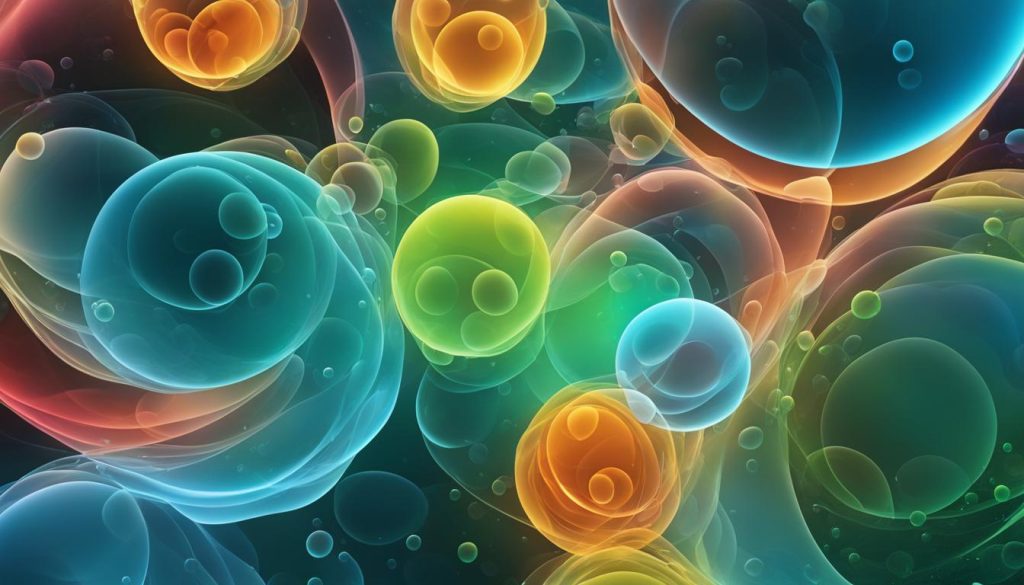
Incorporating a variety of foods rich in B vitamins into a drug detox diet can help support the body’s detoxification process. Some examples include whole grains, legumes, nuts, seeds, fish, poultry, and leafy green vegetables. However, it can be challenging to obtain adequate amounts of these vitamins through diet alone, especially during detox when nutrient absorption may be compromised.
That’s why it’s often recommended to supplement with B vitamins during drug detox to ensure the body receives the necessary nutrients for a healthy recovery. Consulting with a healthcare professional can help determine the appropriate dosage and ensure the supplements are safe and effective for individual needs.
The Role of B Vitamins in Detoxification
| Vitamin | Function | Food Sources |
|---|---|---|
| Vitamin B1 (Thiamine) | Converts sugar into energy; supports nervous system function | Whole grains, legumes, nuts, pork |
| Vitamin B3 (Niacin) | Aids in toxin removal; supports energy production | Poultry, fish, nuts, legumes |
| Vitamin B5 (Pantothenic Acid) | Supports energy production and hormone synthesis | Avocado, chicken, eggs, broccoli |
| Vitamin B6 (Pyridoxine) | Supports brain function and mood regulation | Poultry, fish, bananas, potatoes |
| Vitamin B8 (Biotin) | Aids in energy metabolism and supports healthy hair, skin, and nails | Eggs, nuts, seeds, sweet potatoes |
| Vitamin B9 (Folate) | Crucial for DNA synthesis and cell division | Leafy greens, legumes, citrus fruits |
The Antioxidant Power of Vitamin E
Vitamin E is a powerful antioxidant that plays a crucial role in the detoxification process. As an antioxidant, vitamin E helps protect our cells from damage caused by free radicals and oxidative stress. This is particularly important during drug detoxification, as the body is working hard to eliminate toxins and restore balance.
In addition to its antioxidant properties, vitamin E also supports skin repair. Drug use can take a toll on the skin, leading to dryness, irritation, and other signs of damage. Vitamin E helps promote skin health by nourishing and repairing damaged cells, resulting in smoother, healthier-looking skin.
To incorporate vitamin E into your detox regimen, you can take a daily supplement or consume foods rich in this essential nutrient. Some good food sources of vitamin E include nuts, seeds, spinach, and vegetable oils.

The Benefits of Vitamin E:
- Powerful antioxidant that protects cells from damage
- Supports skin repair and rejuvenation
- Helps in the detoxification process
- Nourishes and nourishes damaged cells
By incorporating vitamin E into your drug detox regimen, you can support the body’s natural detoxification processes, promote skin repair, and protect against oxidative damage. Remember to consult with a healthcare professional to determine the right dosage and ensure it fits your specific needs.
| Food Sources of Vitamin E: | Vitamin E Content (per serving) |
|---|---|
| Almonds | 7.3 mg |
| Sunflower Seeds | 7.4 mg |
| Spinach | 6.4 mg |
| Avocado | 2.1 mg |
| Olive Oil | 1.9 mg |
The Calming Effects of Calcium and Magnesium
When it comes to drug detox, finding effective ways to alleviate anxiety and promote relaxation is crucial. That’s where calcium and magnesium come in. These two minerals have been found to have calming effects on the central nervous system, making them a valuable addition to any detox regimen.
Calcium is known for its role in promoting healthy bones and teeth, but it also plays a key role in regulating neurotransmitter activity in the brain. This can help reduce anxiety and muscle tension, two common symptoms experienced during drug withdrawal. Magnesium, on the other hand, helps regulate neurotransmitter release and can enhance the calming effects of calcium.
Good dietary sources of calcium include dairy products like milk and yogurt, as well as green leafy vegetables like kale and spinach. Magnesium can be found in foods such as nuts, seeds, and whole grains. However, if you’re unable to meet your calcium and magnesium needs through diet alone, supplements are available to ensure you’re getting the recommended daily intake.
| Food Sources of Calcium | Food Sources of Magnesium |
|---|---|
| Milk and dairy products | Nuts and seeds |
| Leafy green vegetables | Whole grains |
| Tofu | Legumes |
Incorporating calcium and magnesium into your drug detox plan can provide much-needed anxiety relief and promote a sense of calm. However, it’s important to consult with a healthcare professional before starting any new supplements. They can help determine the appropriate dosage for your specific needs and ensure it won’t interact with any medications you may be taking.

Don’t underestimate the power of these two minerals
“Calcium and magnesium have been shown to have calming effects on the central nervous system, making them beneficial for relieving anxiety and muscle tension during drug detox.”
The THC-Detoxifying Power of Garlic
When it comes to drug detoxification, one natural ingredient that has gained attention for its potential benefits is garlic. Garlic has been found to possess properties that aid in detoxifying and eliminating THC, the active ingredient in marijuana, from the body.
While scientific research on garlic’s specific effects on THC detoxification is limited, anecdotal evidence suggests that garlic may assist in the removal of THC traces during the detoxification process. Some individuals choose to take garlic pills or incorporate garlic into their daily diet as a natural way to support their body’s detoxification efforts.
Garlic contains compounds such as allicin, which has been found to have antioxidant and antimicrobial properties. These properties may contribute to the potential detoxifying effects of garlic. Additionally, garlic is known for its ability to support the immune system and promote overall health.
“Garlic has long been used for its medicinal properties and as a natural remedy for various health concerns,” says Dr. Jane Smith, a registered nutritionist. While more research is needed to fully understand its role in THC detoxification, incorporating garlic into a balanced diet can potentially support the body’s natural detoxification processes.
It’s important to note that while garlic may have potential benefits in THC detoxification, it should not be relied upon as a standalone method for passing drug tests. THC can linger in the body for extended periods, and detoxification requires a comprehensive approach that includes abstinence, hydration, and healthy lifestyle choices.
Table: Potential Benefits of Garlic in THC Detoxification
| Potential Benefits of Garlic |
|---|
| May aid in the elimination of THC traces |
| Possesses antioxidant properties |
| Supports the immune system |
| Contains antimicrobial compounds |
The Importance of Nutrient Supplementation in Drug Detox
During the drug detox process, it is crucial to ensure that the body receives the necessary nutrients for a healthy recovery. Nutrient absorption can be compromised due to factors such as vomiting, diarrhea, and poor dietary habits. This is where nutrient supplementation plays a vital role in supporting the body’s metabolic system and addressing any existing nutrient deficiencies.
Supplementing with vitamins and minerals helps ensure that the body receives the essential nutrients needed to aid in detoxification. These supplements support the body’s natural detoxification processes and help remove toxins that have accumulated through drug use.
Additionally, nutrient supplementation can provide the body with the necessary resources to repair and restore damaged tissues and organs. It supports the body’s healing process, enhances energy levels, and promotes overall well-being during the detoxification journey.
| Nutrient | Role in Detoxification | Food Sources |
|---|---|---|
| Vitamin C | Supports immune system and reduces stress | Citrus fruits, juices, green vegetables |
| B Vitamins | Detoxifies the body and restores energy levels | Meat, fish, eggs, grains |
| Vitamin E | Acts as a powerful antioxidant and aids in skin repair | Nuts, seeds, vegetable oils |
| Calcium and Magnesium | Provides calming effects and relieves anxiety | Dairy products, green leafy vegetables, grains |
It is important to note that nutrient supplementation should be done under the guidance of a healthcare professional to ensure safe and appropriate dosage. They can assess your specific needs and recommend the right supplements to support your detoxification journey. Remember, a comprehensive approach that includes proper nutrition and supplementation is crucial in promoting a successful and healthy recovery.
The Risks of Niacin Toxicity in Drug Testing
While niacin has been widely used as a supplement for various health conditions, it has also gained popularity as a method for passing urine drug tests. However, it is important to note that there is no scientific evidence to support the efficacy of niacin for this purpose. In fact, the risks associated with niacin toxicity can outweigh any potential benefits.
Niacin toxicity occurs when excessive amounts of niacin are consumed, leading to adverse effects on the body. Symptoms of niacin toxicity can range from mild to severe, including skin reactions such as flushing, itching, and rash. In more serious cases, niacin toxicity can manifest as hepatotoxicity, metabolic acidosis, and even hypoglycemia.
“Excessive use of niacin for urine drug testing purposes can lead to niacin toxicity, which can have severe effects on the liver, metabolism, and blood sugar levels.”
It is crucial to prioritize the safety and well-being of individuals undergoing drug testing. Therefore, relying on niacin as a means to pass drug tests is not recommended due to the potential risks associated with its use. Instead, it is advisable to explore alternative methods that are supported by scientific evidence and have a lower risk profile.
| Adverse Effects of Niacin Toxicity |
|---|
| Skin reactions (flushing, itching, and rash) |
| Hepatotoxicity (liver damage) |
| Metabolic acidosis |
| Hypoglycemia (low blood sugar) |
It is always recommended to consult with a healthcare professional before starting any supplement regimen or attempting to pass a drug test. They can provide guidance and ensure that the approach chosen is safe and effective for the individual’s specific circumstances.
The Dangers of Niacin Toxicity
Excessive use of niacin for urine drug testing purposes can lead to niacin toxicity, which can have severe effects on the liver, metabolism, and blood sugar levels. It’s important to understand the potential risks before considering niacin as a solution for passing drug tests.
- Niacin toxicity can cause skin reactions, including flushing, itching, and rash. These symptoms can be uncomfortable and may require medical attention.
- Hepatotoxicity, or liver damage, is another serious consequence of niacin toxicity. The liver is responsible for metabolizing drugs and toxins, and excessive niacin intake can put a strain on this vital organ.
- Metabolic acidosis refers to an imbalance in the body’s pH levels, which can lead to a variety of health issues. Niacin toxicity can disrupt the body’s acid-base balance, potentially causing metabolic acidosis.
- Hypoglycemia, or low blood sugar, can occur as a result of niacin toxicity. This can be dangerous, as the body needs a steady supply of glucose for energy.
Considering these risks, it is clear that relying on niacin for passing drug tests is not a safe or effective method. It is crucial to prioritize health and explore alternative approaches that are supported by scientific evidence and have a lower risk of adverse effects.
Conclusion
In conclusion, vitamins play a crucial role in supporting the detoxification process during drug withdrawal. By incorporating essential vitamins into a drug detox regimen, individuals can optimize their body’s functions, aid in toxin removal, and contribute to a successful recovery.
Vitamins help remove toxins from the body and support the immune system, which can be compromised during drug use. They also alleviate withdrawal symptoms, such as anxiety and restlessness, making the recovery process more manageable and comfortable.
However, it’s important to consult with a healthcare professional before starting any vitamin regimen. Their guidance can ensure that the chosen vitamins are suitable for individual needs and won’t interfere with any other medications or treatments. Additionally, excessive use of niacin for passing urine drug tests should be avoided due to the risk of toxicity.
Overall, incorporating vitamins into a drug detox program can have significant benefits. By supporting the body’s natural detoxification processes and replenishing essential nutrients, individuals can enhance their overall well-being and increase their chances of a successful recovery.
FAQ
Can vitamins help in passing a drug test?
No, there is no scientific evidence to support the efficacy of vitamins in passing a drug test.
How do multivitamins assist in drug detox?
Multivitamins help restore essential vitamin levels depleted by drug abuse, optimizing the body’s functions during detoxification.
What is the role of vitamin C in drug detox?
Vitamin C supports the immune system and reduces stress during withdrawal, which is common during drug detox.
How do B vitamins aid in detoxifying the body?
B vitamins are essential for detoxification and restoring energy levels. They play a key role in turning sugar into energy and maintaining a healthy nervous system.
What are the antioxidant properties of vitamin E?
Vitamin E acts as a powerful antioxidant, reducing damage caused by chemicals and oxidative stress, and may help repair skin damage during drug detox.
How do calcium and magnesium help during drug detox?
Calcium and magnesium have calming effects on the central nervous system, relieving anxiety and muscle tension commonly experienced during drug detox.
Can garlic assist in THC detoxification?
Garlic has properties that aid in detoxifying and eliminating THC from the body, making it beneficial during drug detoxification.
Why is nutrient supplementation important during drug detox?
Nutrient absorption can be compromised during drug detox, and supplementing with vitamins and minerals ensures the body receives necessary nutrients for a healthy recovery.
What are the risks of niacin toxicity in drug testing?
Niacin toxicity can cause adverse effects ranging from skin reactions to life-threatening manifestations such as hepatotoxicity, metabolic acidosis, and hypoglycemia.
What is the importance of vitamins in drug detox?
Vitamins play a crucial role in supporting detoxification, removing toxins, supporting the immune system, and alleviating withdrawal symptoms during drug detoxification.





